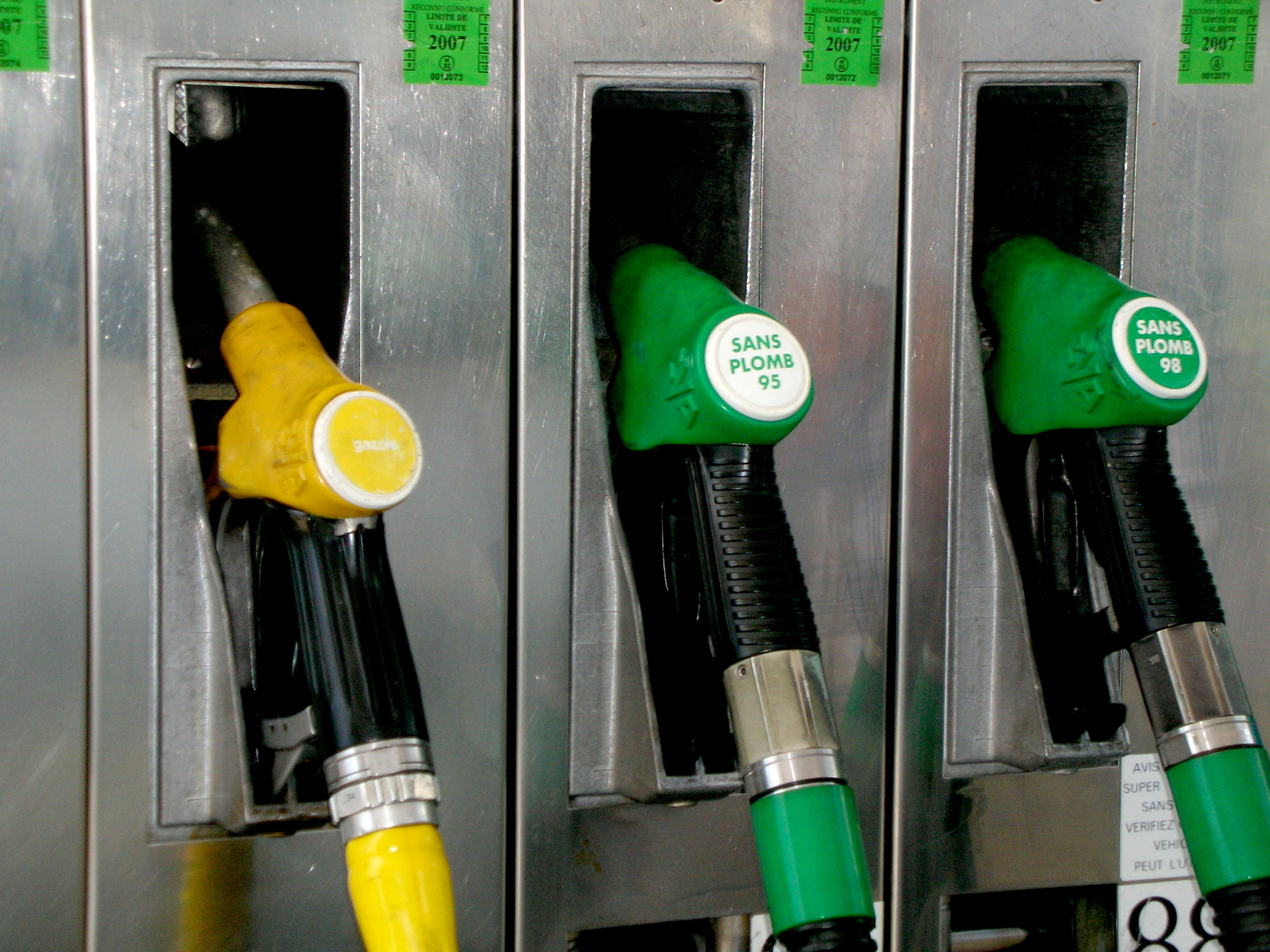Household Bills
Fuel and clothing prices drag inflation down to 1.5% in March

UK inflation fell to 1.5% in March, driven mainly by falling fuel and clothing prices before the lockdown started.
The Consumer Prices Index (CPI) fell 0.2 percentage points from 1.7% in February, according to data from the Office for National Statistics (ONS).
The ONS said the largest downward contribution to the change in the inflation rate came from clothing and footwear, where prices fell by 0.3% between February and March, compared with a rise of 1% between the same two months a year ago.
Mike Hardie, head of inflation at the ONS, said: “Clothing prices normally rise between February and March as new year discounting ends. However, this year the price of clothes has eased due to some retailers offering discounts due to decreased footfall in stores before the lockdown started.”
Falling fuel prices also contributed to the lower inflation rate. They have been dragged down by the plummeting oil price in response to reduced global demand during the Covid-19 pandemic.
Petrol prices fell by 5.1p per litre between February and March, compared with a rise of 1.2p per litre for the period a year ago, marking the largest monthly fall since December 2018, while diesel fell by 5.5p per litre, the largest monthly drop since August 2015.
Richard Pearson, director at investment platform, EQi, said: “Inflation is a key indicator for future economic growth and this morning’s figures, covering March, start to paint a picture of potential damage to come for the UK. But the worst is likely yet to come in next month’s numbers.
“The ONS reported a 0.2% drop, with plummeting costs of clothing and motor fuels the most significant contributor. Though a definite concern, this isn’t unexpected with so many curbing non-essential travel and other purchases in preparation for the rumoured lockdown.”
Laura Suter, personal finance analyst at investment platform AJ Bell, said: “Savers will welcome the news of a drop in inflation, as they have been pummelled with two further falls in the Bank of England base rate this year and a multitude of cuts to interest rates on savings accounts.”
However, she pointed out that no easy access account currently beats or matches inflation, meaning savers with money in these accounts are losing money in real terms.